The American South is buried in stereotypes. It is a region confined to the pits of its past and a perceived discomfort to its changing present. To understand the realities of this region defined by legacy, the complexities of Southern culture cannot be trapped in a cycle of myths and misconceptions. Rather, they must be authentically expressed through literature, visual exhibits and performance arts, allowing Southerners and people beyond the region’s borders to immerse in a timeless human experience of a place and a space moving past its haunting shadows.
The arts have a way of capturing complexity, and viewing Southern culture through an artistic lens provides a sense of clarity in understanding the realities of it. From the Old to the New South, literary, visual and performing arts offer rich interpretations of the region’s past, present and future, and these artistic experiences are especially prevalent in a creative, little hub known as Athens, Georgia.
For the past nine years, the University of Georgia Arts Council has presented the Spotlight on the Arts festival, a multidisciplinary collection of events, exhibitions and performances that feature all aspects of the arts. This year’s events and exhibitions unpack Georgia and the larger Southern region across a continuum of time, exploring the faults of its past, the challenges of its present and the potential of its future through various artistic lenses.
Why It’s Newsworthy: The restricting circumstances of COVID-19 have challenged the arts financially and operationally. Yet, the UGA community took creative measures to put on the 2020 Spotlight on the Arts festival with 17 days of virtual events, occurring from Nov.4- 20, 2020.
From analyzing “W.E.B. Du Bois’s Data Portraits: Visualizing Black America” with distinguished artist Silas Munro, to experiencing the Black Lives Matter Movement, current political landscape and ongoing pandemic through the multimedia online play, “Breathe,” to understanding the past and future of Athens music and its impact on American culture with Grace Elizabeth Hale, the 2020 Spotlight on the Arts festival presents an assortment of diverse opportunities to dive into the complexities of Southern culture.
The UGA Arts Council website quotes Marisa Pagnattaro, vice provost for academic affairs and chair of the UGA Arts Council, on this important campus tradition.
“The 2020 Spotlight on the Arts festival reflects our current times and timeless human experiences,” Pagnattaro said.
The arts and humanities have the power to connect people, and I encourage members of the campus community and people across the state and beyond to engage with the thriving arts at the University of Georgia.“
As a Southerner with a passion for the literary arts, I engaged in this year’s festival by attending one of the signature livestream lectures,“Georgia’s Literary Past and the Future of Southern Letters,” with Speaker W. Ralph Eubanks, author and visiting professor of Southern Studies and English in the Center for the Study of Southern Culture at the University of Mississippi.
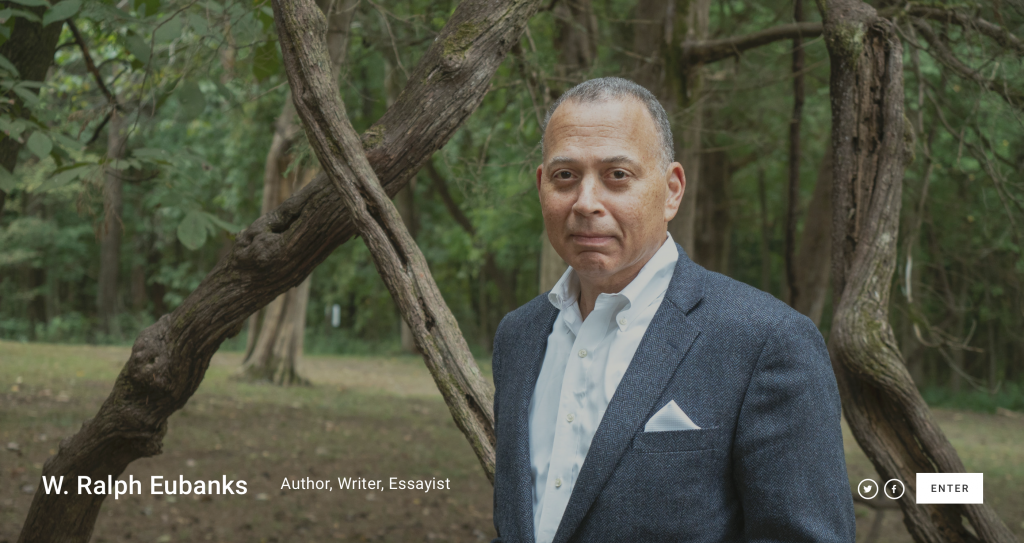
The UGA Libraries and “The Georgia Review” hosted this virtual event on Nov. 8 in celebration of the 20th anniversary of the Georgia Writers Hall of Fame, a public awards program and permanent internet exhibit honoring Georgia’s most influential writers and deep literary legacy.
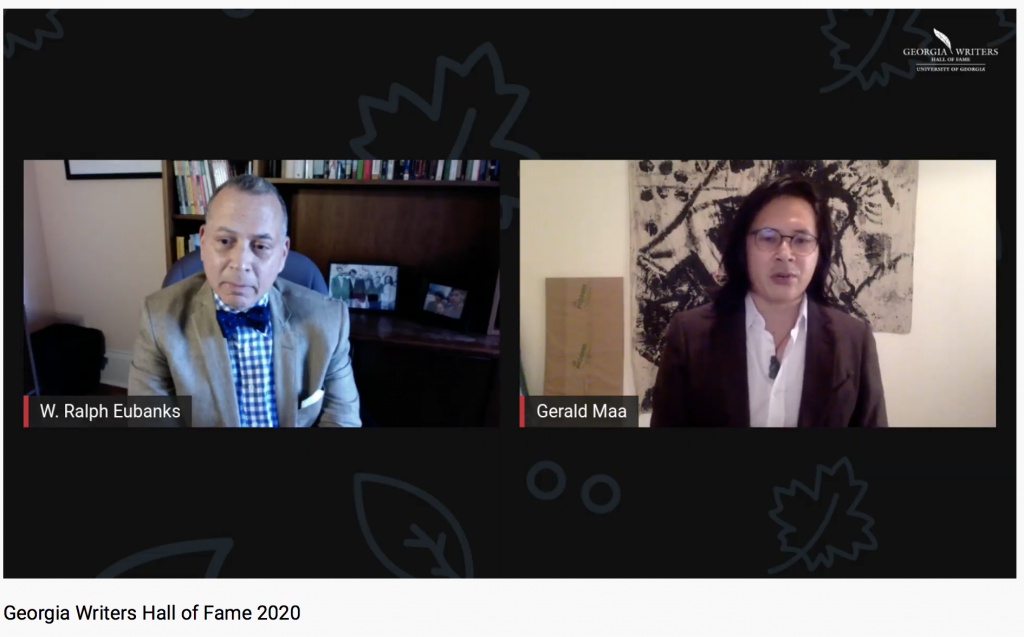
In his lecture, Eubanks dives into two essential concepts regarding the relationship between Southern culture and Southern literature. He explains how this art form has reflected the “grotesque” realities of the South in the past (referencing Flannery O’Connor’s 1960 essay, “Some Aspects of the Grotesque in Southern Fiction”) and how a new generation of Southern writers will positively change the narratives of this “haunting” place and space as its culture progresses toward a more global future.
“My South is one that is both haunted and haunting,” Eubanks said. “While there are many unsettled spirits hovering over the Southern landscape, the next generation will be defined less by the ghosts of race and violence that cast a shadow over the consciousness of my generation.”
Yet, he points out a unique connection between the diverse group of writers in the Georgia Writers Hall of Fame, as these writers have pushed against the long held stereotypes of what it means to be a Southerner. Therefore, their literary works better express the complexities of Southern culture, providing readers with a more realistic experience.
When pondering the future of Southern literature, Eubanks predicts that the new generation of Southern writers will preserve pieces of this region in a way that connects to the Southern past but is not defined by it. In this way, the literary arts mirror the momentum of cultural change in the South, something that many outsiders fail to acknowledge.
What is changing, and has long needed to change, is the idea of the South as an intellectual construct,” Eubanks said. “The concept of Southern place and space has far too long been wrapped up in a romanticized conception of itself.”
While previous Southern writers have uniquely captured the South’s complexity, Eubanks suggests that the future of Southern letters will work to break the cycle of myths and misconceptions, reimagining the South and Southerners in ways that go beyond its geographical borders
The arts have a way of capturing complexity. Eubanks’ insightful lecture emphasized this ability within the literary arts specifically. However, the 2020 Spotlight on the Arts festival fosters many more examples of how the arts reveal the realities of Southern culture through its past, progressive present and obscure future.
As a member of the new generation of Southern writers, I watched Eubanks’ lecture with a sense of clarity, gripping onto this new idea of the South and the hopeful ways in which its literature will open our eyes to the good and grotesque realities of it.
“Right now we are living through a disruptive time that is giving birth to this idea, this redefinition,” Eubanks said. “As a writer and a student of Southern letters, I can’t think of anything more exciting.”
Jacqueline Reynolds is a senior majoring in journalism in the Grady College of Journalism and Mass Communication at the University of Georgia with a certificate in Interdisciplinary Writing.




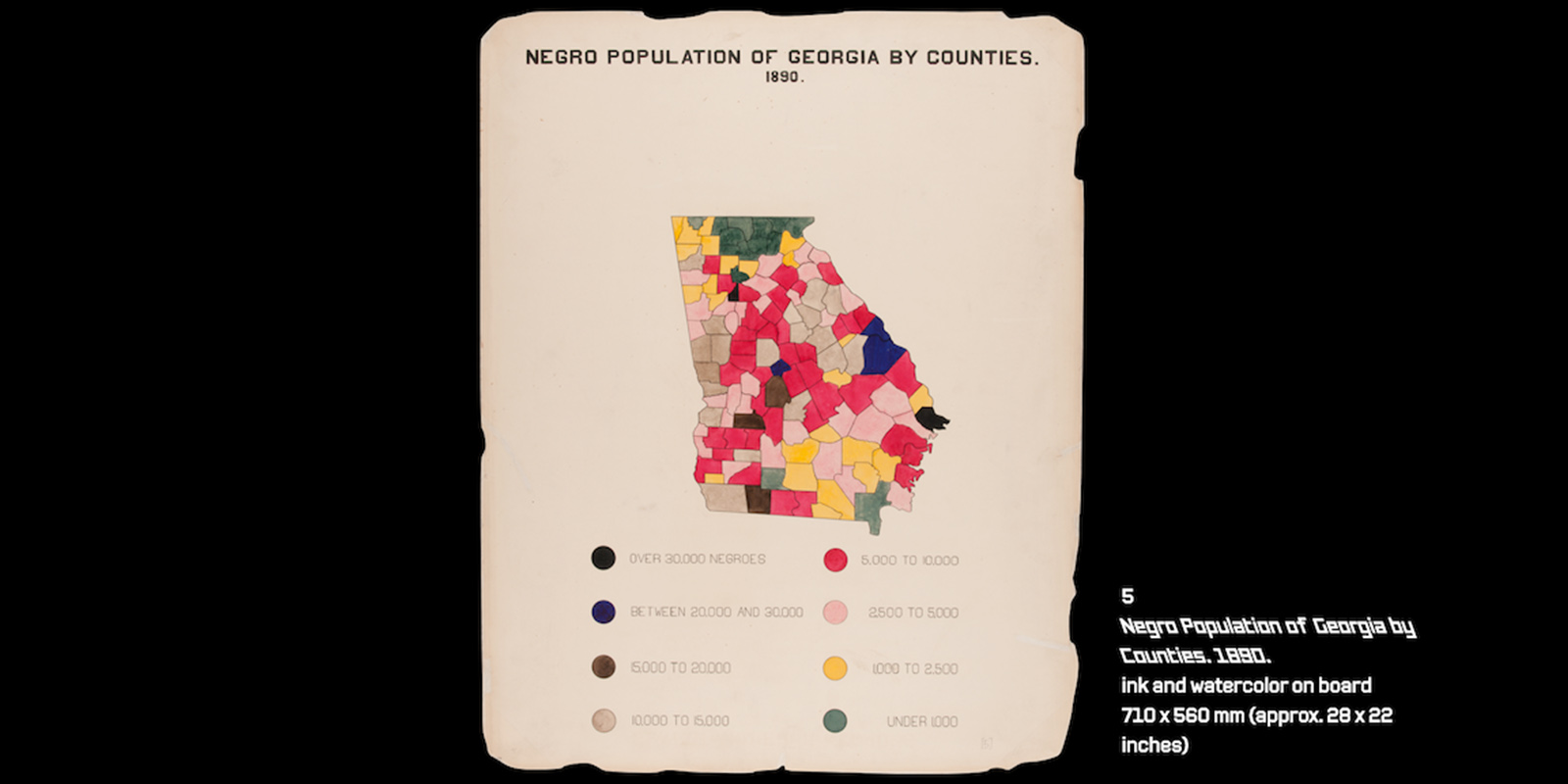

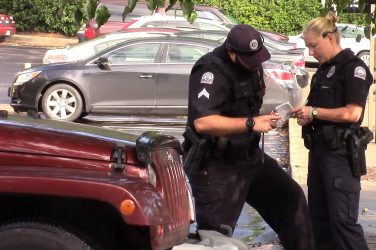

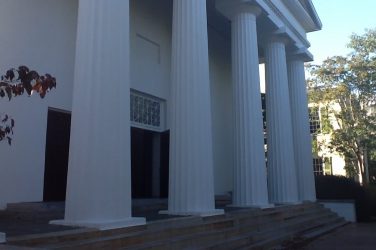

Show Comments (0)